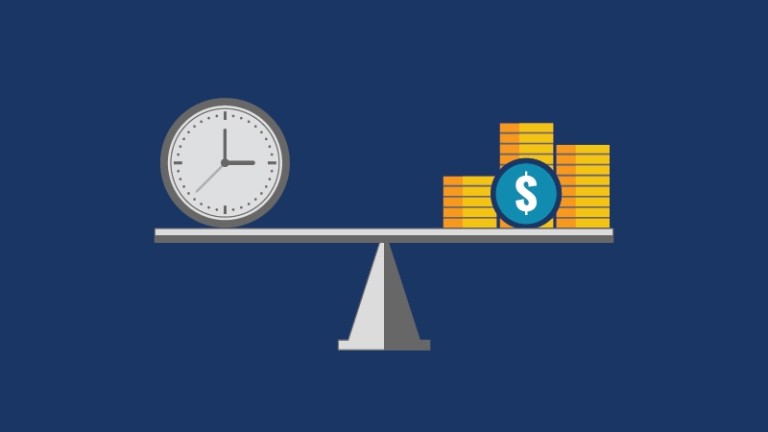Making budgeting tools work for you
If you struggle with budgeting, you’re not alone. In fact, there might be a biological reason for it.
According to behavioral economist Dr. Barry Schwartz, we may be hardwired to live in the moment and put off thinking about the future until we get there. That could account for why we splurge on a new purchase even when we know we have a credit card payment due.
The good news is that we can overcome our natural programming with budgeting tools that help automate the things we struggle with. For most of us, our cell phones are never far from us. You may even be reading this on your cell phone right now. How convenient!
Use that convenience to your financial advantage by discovering the budgeting tools at your disposal. When a budget app sits next to Facebook on your phone, it’s easy to pop in each day for a quick peek at your finances.
Use what you have
You could spend time reviewing different budgeting tools and trying to figure out which one to settle on. But did you know that you already have tools at your disposal through MyOCCU Online & Mobile?
Log in, select View Accounts and then Financial Wellness. There, you’ll find a breakdown of your accounts, the money that’s coming in, that’s going out and where it’s going. If you use your Remarkable Checking or OCCU credit cards as your primary methods of spending, you can get a real solid idea of the choices you’re making so you can reflect and act on them.
And then when you’re ready, you can set savings goals and monitor your progress in the same app.
Look around
There are dozens of online budgeting tools you can use to manage your budget. Whether you want to manage your household finances, set goals, get out of debt or track your credit scores, there are apps available for your specific needs and interests.
Read reviews, try them out and find the one that speaks to you.
Go old school
Not comfortable with sharing your financial data? A good old-fashioned spreadsheet still gets the job done. “The power of a good spreadsheet should never be underestimated,” says Forbes contributor Rob Berger. “One big benefit is complete control over the data you track and how you track it. You also avoid giving access to your financial data to an online account aggregator.” You can even download free budget templates in PDF format or for Excel and Google Sheets.
No matter how you prefer to manage your money, there’s a budgeting tool for you. If you want to learn more, check out the Budgeting and Saving section on OCCU’s website.


